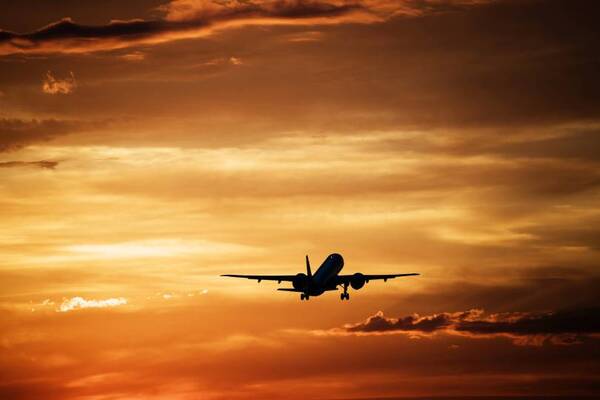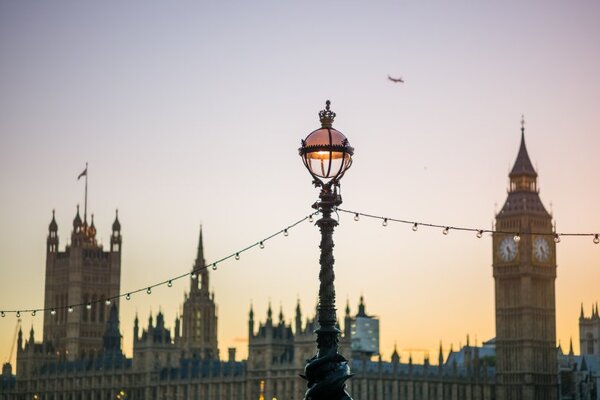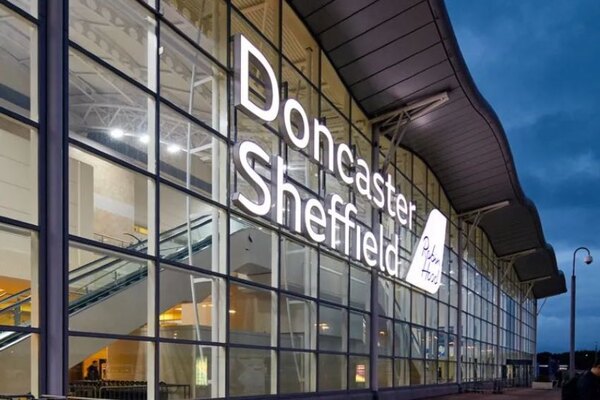'Nothing has changed in our industry – we're still cowboys at heart'
 Noel Josephides
Noel JosephidesOut of the ashes of the failure of Clarksons and Court Line in 1974 rose Harry Goodman’s International Leisure Group (ILG) to do battle with what was then Thomson Holidays, now Tui.
ILG peaked in 1985, but by 1991, it too had collapsed leaving Thomson to reign supreme.
Next it was the turn of David Crossland’s Airtours and MyTravel to challenge Thomson’s supremacy, which was acquired by Germany’s Preussag in 2000 before being renamed Tui in 2002.
However, after a disastrous series of takeovers, Airtours and MyTravel failed. In 2007, it merged with Thomas Cook, which also challenged Tui crown. In September 2019, Thomas Cook collapsed.
Now Jet2holidays has taken up the baton – and so far, so good. It has overtaken Tui to reach 6.7 million seats in the latest round of Atol renewals, compared with Tui’s 6.2 million. We also have easyJet holidays, licensed to carry 2.75 million seats, joining the fray.
This could well be a potential disaster waiting to happen in the current economic climate – a period when the world is at war and we are all in the midst of a political, moral and environmental crisis.
These companies will no doubt be slitting each other’s throats to fill their new aircraft and achieve their increased capacity goals should the economic and political winds shift, turning against us all.
In the wings, and reliant totally on the airline capacity of Tui, Jet2.com, easyJet and a reluctant Ryanair we have the modern-day "bucket shops" – loveholidays, Lastminute.com and Travel Republic.
These three together are licensed to carry a staggering 3.7 million passengers. They carry no airline risk, and must be resented by the airline-owning tour operators. We also now have Booking.com (2.4 million Atol authorisations) and Expedia (315,000).
Of course, they very usefully help fill all those millions of seats, thanks to the internet. The one cannot do without the other; you can’t help but smile at the irony.
’We’re still cowboys at heart’
Michael Budge, the CAA’s head of Atol, was recently quoted by TTG as saying: “Our licence holders seem to be confident bookings will remain buoyant into 2024.”
Well, let’s hope so, because when price battles rage at the top, those of us at the bottom suffer too.
When airlines have millions of seats to fill in an unpredictable economic environment characterised by rising costs, all sorts of tricks are employed to make their prices look cheap, the latest being additional charges for luggage.
I have just booked a flight to Rhodes for a client travelling in October, and the luggage charges came to £86 return. Nothing has changed in our industry – we are still cowboys at heart.
The government is already moving to stamp out this practice, about which the airlines should be ashamed.
It’s up to governments to stop this mad rush to the bottom. France has already forced airlines to abandon short domestic routes in favour of trains, and France’s transport minister is also proposing a minimum flight price policy to the EU.
Schiphol airport has put a cap on capacity and plans to stop most night flights. Destinations are slowly putting a stop to overtourism, which runs contrary to the travel industry’s thirst to grow.
Unfortunately, nothing has changed in our industry since I came into it in 1970. We need to take a radical look at everything, from the bottom up, if travel is to survive and prosper without destroying that which we are selling.
Noel Josephides is chair of Sunvil.
Sign up for weekday travel news and analysis straight to your inbox

Noel Josephides
Supplier Directory
Find contacts for 260+ travel suppliers. Type name, company or destination.














